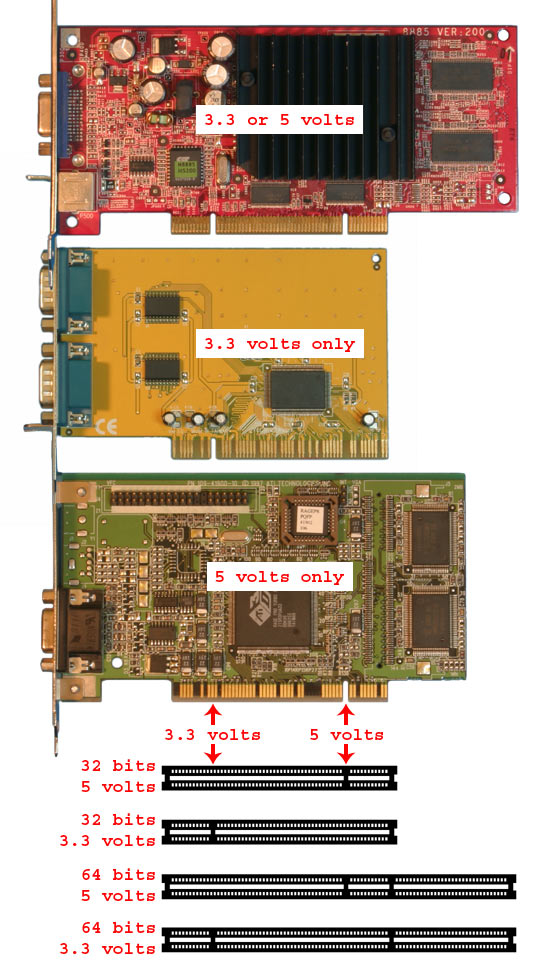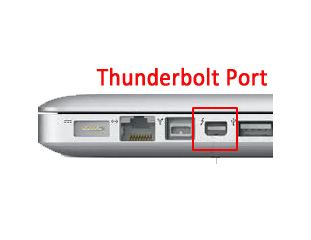Expansion slot meaning: a place in a computer circuit where an expansion card can be added. Expansion Slots definition What is EXPANSION SLOTS: Connectors inside the computer in which expansion cards are placed so that they tie in directly to the system. How works expansion slots meaning in Dictionary E. By using this website, you agree to terms, regulations & cookies policy. Deuces Wild, Jokers Wild, Jacks or Better, and All-American are what is the meaning of expansion slot a few of the top poker versions you will see at internet gambling dens. Video Slots The modern version of the classic slot, synonymous with online what is the meaning of expansion slot slots.
When you decide to expand your PC with a new device, you need to understand the expansion slots on your PC’s motherboard so you can determine what type of new device to buy. There are a bunch of different expansion slot standards and variations.

The two most common slots available on today’s PCs are PCI and PCI-Express:
PCI: The Peripheral Component Interconnect type of slot is the most popular and widely available expansion slot on today’s PCs. It’s normally colored white, though often beige is used. There are 32-bit and 64-bit PCI expansion slots.

PCI–Express: The latest rendition of the PCI standard is PCI-Express. PCI-Express slots are generally colored black or dark gray or sometimes even yellow. They also feature a variety of sizes.
Older expansion standards include
PCI-X: The PCI Extended standard was developed to improve on PCI, but as a standard PCI-Express superseded it. Some older PCs may still feature the PCI-X slot, which looks like a standard PCI slot but is considerably longer.
Be careful not to confuse PCI-X with PCI-Express! They’re different standards, different slots, and different expansion card types.
Slot Meaning
AGP: The Accelerated Graphics Port slot was designed specifically to handle high-end graphics adapters. It may still be found on older PCs, but today’s systems use PCI-Express expansion slots to handle high-end graphics adapters. AGP slots were often colored maroon and had a hinged hook on one end to help anchor the AGP card.

Expansion Slots In Computer
ISA: The original expansion slot for the PC family was ISA, which simply stood for Industry Standard Architecture (because the expansion slot lacked an official and suitably technical-sounding name). It had two varieties: 16-bit and a longer 16-bit version. An older Windows XP system may still sport an ISA slot, but few (if any) relevant ISA expansion cards are available today.
Sadly, without opening the case, there’s no way to determine what type of slots are present on your PC’s motherboard, let alone whether the slots are available (or empty). The only way to know for certain is to open the case and have a look.
Expansion Card Slots
When the PC’s motherboard features a variety of slots, and you have a choice, choose a PCI-Express expansion card first.
Expansion slots are keyed: The edge connector on the expansion card cannot be plugged in backward. Of course, most expansion cards feature a rear slot mount, which means that you have to be determined to plug an expansion card in backward in the first place!
You can look on the back of your PC and examine the slot covers to determine whether a slot is empty. A blank slot cover, however, may not indicate that an expansion slot is available, because some expansion cards may not use the slot cover. Also, some expansion cards are double-wide and may render useless any empty expansion slots next to them.
Even though the expansion slots are all standardized, expansion cards come in different lengths. You can find full-length cards, half-size cards, and others. Smaller PC consoles may have room for only smaller expansion cards, or perhaps some expansion slots are limited to hosting only shorter expansion cards. Knowing this type of information before you buy an expansion card will prove to be a boon to your self-esteem.
PCI-X also featured two sets of voltages for expansion cards: 5 volts and 3.3 volts. Special notches in the expansion cards prevented the wrong slot from being used, but the differing voltages were still an issue for choosing the proper PCI-X expansion card.